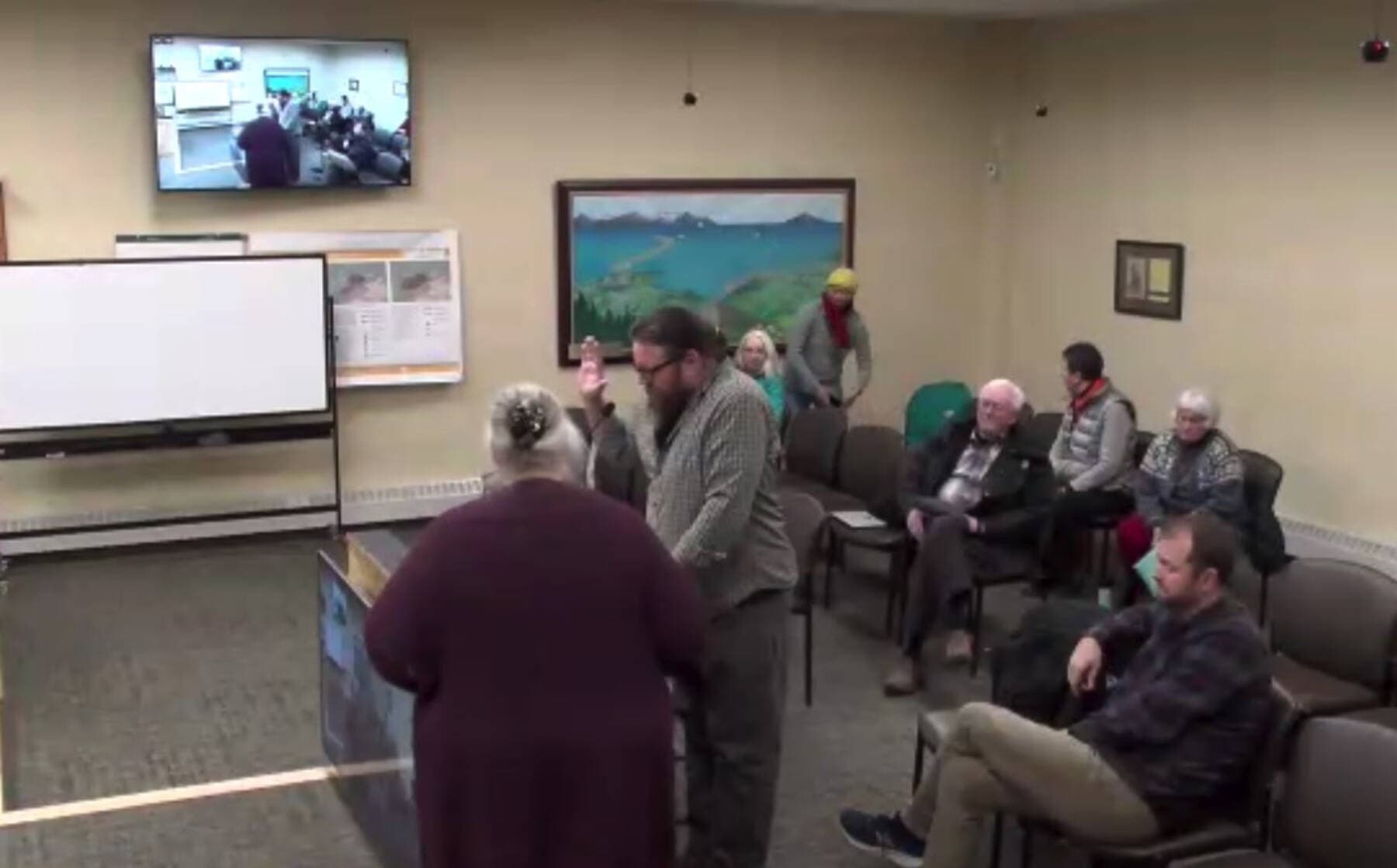How to Track Decatur County Meetings, Notices, and Hearings
Decatur County officials post commission agendas, public hearings, tax and land notices, bid solicitations, and meeting minutes across several local websites and public notice portals. Knowing where to look and how to read these notices helps residents respond quickly to zoning proposals, school district decisions, and other actions that affect property, services, and local budgets.

If you want to follow Decatur County government actions closely, a few consistent sources will capture most official activity. The county posts public meeting notices, commission agendas, and procedural guidance on its Notices and Agendas page at decaturcountytn.gov/official-notices/. Those postings frequently include meeting dates, times, locations, and attached agendas. When a notice lists a date for an upcoming meeting, the posting itself is the official announcement. Attendees should arrive early and follow sign in rules for public comment as described in the notice.
Legally required public notices are also published through local newspapers and aggregated on state portals. The News Leader and the Tennessee Press Association public notice portal collect notices and sample ballots, and the tnpublicnotice.com site is a searchable resource by county, city, or notice type. For election related items such as sample ballots, early voting dates, and polling locations, residents should confirm dates and times with the county election commission and the TN public notices portal to make sure they have the most up to date information.
City halls and municipal websites in Parsons, Decaturville, and Scotts Hill post their own council agendas, planning commission notices, and utility board meetings. These sources are particularly useful for tracking zoning changes, planning plats, and city level ordinances that can affect neighborhood land use and property values. The Decatur County Schools website at decaturcountyschools.com publishes school board agendas, policy updates, and staffing news, and is the primary place to monitor decisions affecting students and district operations.
Many notices include attachments that contain proposed ordinances, bid specifications, maps, or contract terms. Check agendas early in the week before a scheduled meeting because those attachments are often added in advance. If you need the full text of a document referenced in a notice, the posting usually lists where to obtain it, such as a paper copy at the county clerk’s office, a local newspaper, or a link to an online filing. For matters that require formal participation, note deadlines and contact the official listed in the notice.
For residents and local contractors the practical effect is straightforward. Tracking these sources lets you respond to zoning proposals, review health care certificate of need filings, monitor tax and land notices that may affect ownership, and weigh in on service changes before decisions are finalized. Regular review of county and municipal notices strengthens community participation in local government and helps ensure decisions reflect local priorities and legal requirements.

